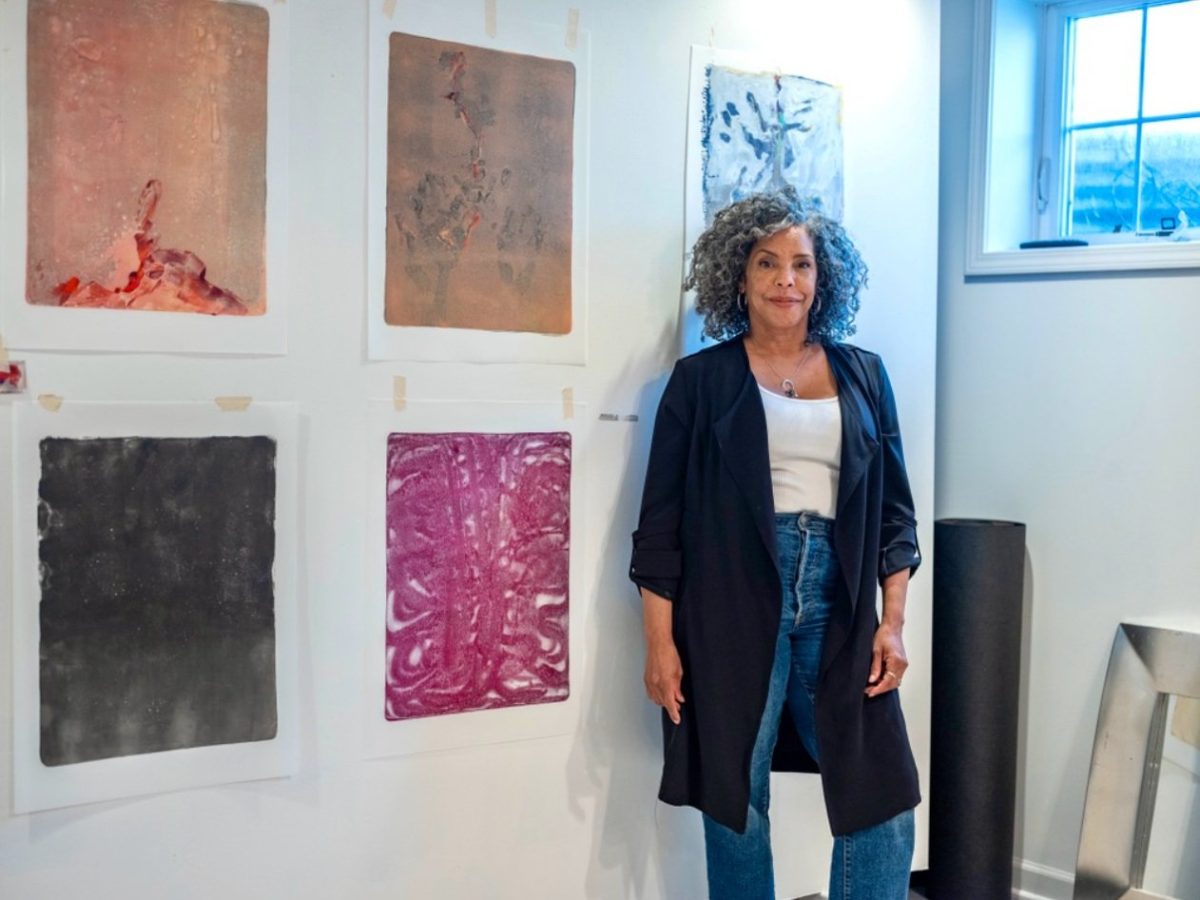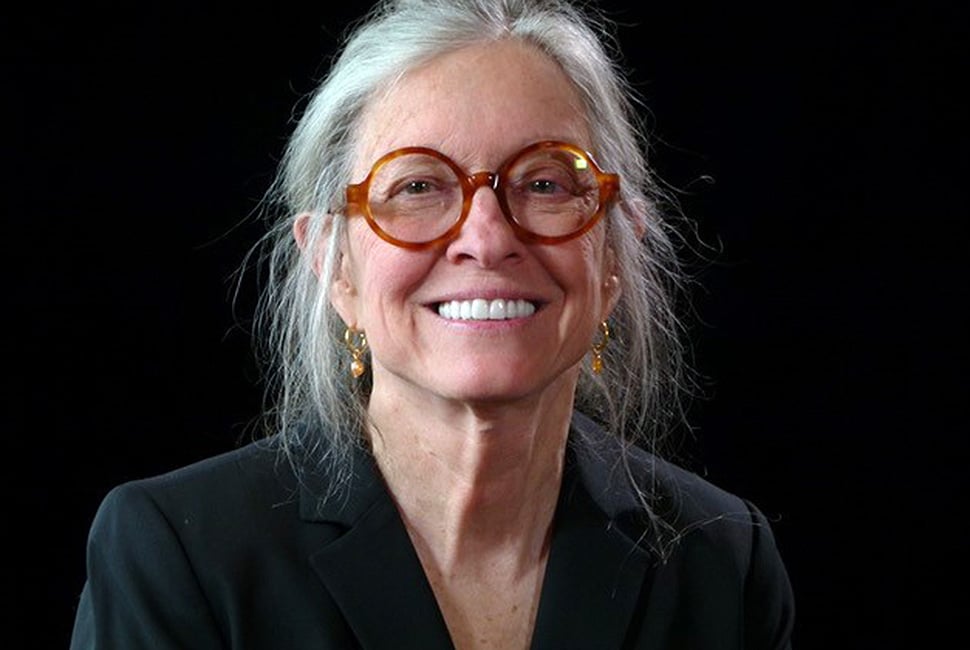Northwestern’s Feminist-in-Residence and visual artist Kyrin Hobson’s artwork is a “great match” with the Women’s Center. After applying for the Feminist-in-Residence fellowship all the way from Alaska, Hobson has spent her time in the role exploring feminist histories of women of color, as well as maternal and female health.
Hobson explores these themes through paintings, performance and multi-media installations, seeking to put the emotion into female health statistics.
This interview has been lightly edited for brevity and clarity.
The Daily: Can you tell me about your role as Feminist-in-Residence and how you got the role?
Hobson: I applied for it and proposed a project. The culminating project (should be) an idea that bears currency and is relevant to the NU community, and hopefully beyond. The way my project was proposed, it hinges on those very things. I think that it was just a great match from the start.
The Daily: Why is the role of Feminist-in-Residence important to you?
Hobson: As a practicing visual artist, all of my work has to do with embodied knowledge and women’s health. It is about changing how folks look at data and the role of birthing bodies. It’s my freedom to propose discussion about these issues — and also to enact advocacy — around better understanding of the issues and better valuation of individual experiences with them. For my practice, it was just a very strong match to be able to integrate an interface with the community that’s present in the Women’s Center.
The Daily: Can you tell me about the art project you’re working on related to Black maternal health and health equity?
Hobson: It builds off of previous work that was really looking at what we consider data. We tend to look at data in a very stripped down way that is very non-emotional. I’m interested in turning that around because of the gravity of health disparities experienced by minority and low-income women in this country. It’s just a multifaceted range of interests, but they really do cluster around what is data and what is worth knowing. It’s a chart that explains that black women are three times more likely to die in childbirth. I would argue that it’s very healthy for not only young bodies that are giving birth, but intergenerational dialogue — it’s an important part of the conversation about health care.
The Daily: What would you like people to know about your artwork and the inspiration behind it?
Hobson: I feel like I’m a medium. I’m mediating the voices of women and female-identifying folks talking about how they envision and experience their own health issues. I’m painting a picture from something and then giving it the broader context that is based on our conversation and putting forth a discursive platform to invite others into the conversation, to offer the way of making it something that can be replicated and to give us something that is real.
Email: [email protected]
Twitter: @lmschroeder_
Related Stories:
— Malika Jackson’s colorful paintings on display at Evanston Art Center explore race and spirituality
— State policy leaders discuss improving Black maternal health outcomes
— Author speaks on diversity and inclusion as part of Women’s Center series















